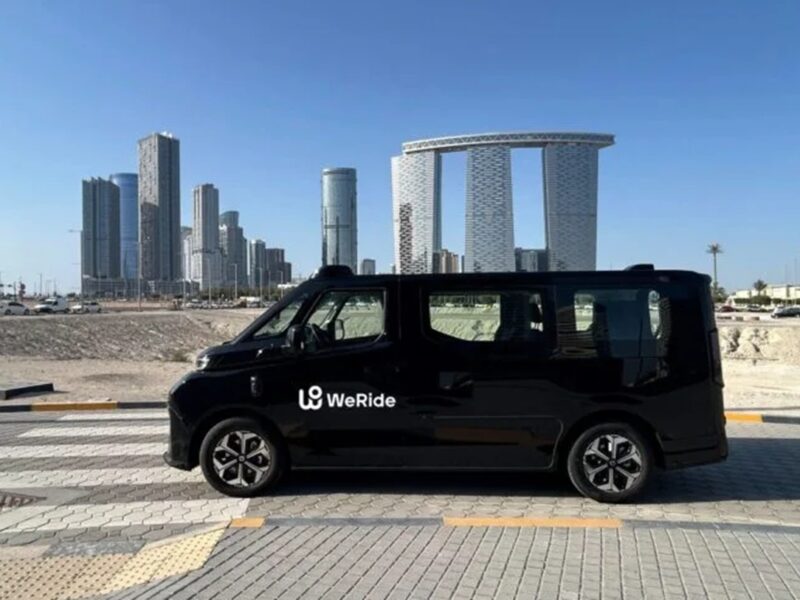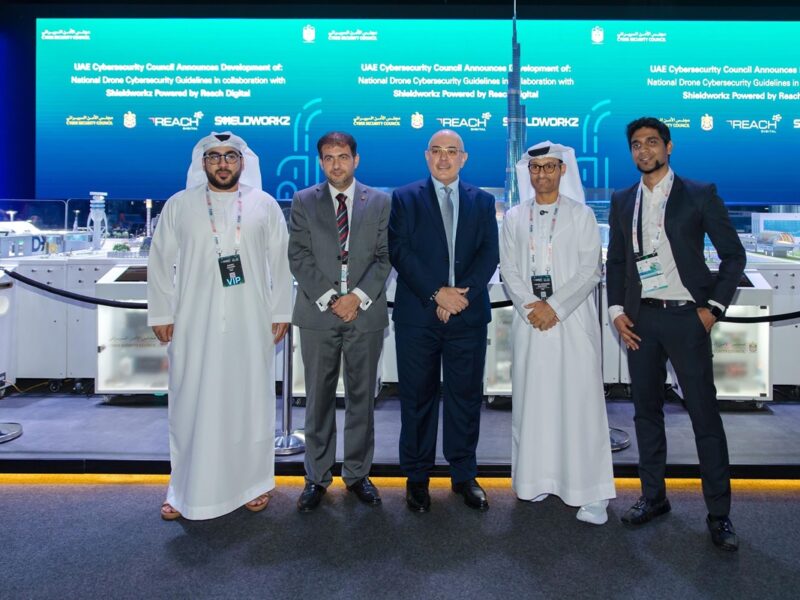Worldwide only two cargo companies operate solely with the AN-124-100, an aircraft so powerful it is able to transport 120 tonnes of cargo per flight. Polet Cargo Airlines currently possesses six of these aircraft, two of which it owns and four leased, and is therefore very much immersed in the market of heavy air cargo transportation.
“We are always trying to focus on unique cargo that cannot be transported in any other aircraft, except the AN-124-100,” says Konstantin Karpov, deputy general manager, Polet Cargo Airlines. “All other aircraft that are modified for cargo are not capable of lowering cargo such as we can.”
Polet began operations from its homeland of Russia over fifteen years ago. Official estimates currently rank the company as responsible for a third of the total flow of air traffic throughout the country, but its global ambitions are also evident.
“We are officially registered with the International Civil Aviation Organisation and are therefore licenced to fly all over the world. Our base is in Russia, but we have a main commercial office in Cyprus and an office also in New York,” says Karpov.
The diverse nature of heavy duty transportation has led Polet Airlines in to varying territory. Dealing largely with the movement of machinery and spare parts for aircraft, alongside general cargo, in particular medicine, the airline also charters aircraft for the more unusual of operations.
Over the years, Polet has built up a catalogue of unique operations, which is likely to interest even those who are not involved in the industry. Its relationship with the Russian Space Agency is particularly special. Polet is licenced to transport satellites and space rockets, and in 1999 introduced its own “Project Air Launch” whereby its AN-124-100 aircraft were used to launch satellites.
More recently the airline transported the first fuselage of the new Russian Regional Jet Superjet 100. With preparation commencing since July 2006, including the design and manufacturing of a special platform for the jet to fit in the AN-124-100, the distance between the fuselage and the aircraft frame during the transportation process amounted to only a few centimeters. A similar, more consistent relationship is also found between Polet and the movement of the Airbus 320/321 family fuselage components.
Perhaps the most high profile air charter in Polet’s history was the transportation of the US Navy’s Lockheed Martin EP-3 Orion ‘spy plane’ which made a forced landing on China’s Hainan Island as a result of a mid air incident with Chinese air force fighters. The recovery charter began in a cloud of secrecy, with Polet referring any press inquiries to a US pentagon military spokesman, but the task eventually proved a success, with the plane being transported on just one AN-124.
In comparison, Polet’s business in the Middle East and India has been slightly more conventional. Its history in the Middle East unsurprisingly begins with the oil boom and the provision of spare parts to oil rigs. Working under pressure to charter planes to fly replacement parts to the rigs, Polet are accustomed to emergency situations.
“From the beginning we have been involved with the oil rigs, as soon as something breaks and needs replacing, it works out cheaper for them to charter then ship. We have to work in emergency situations, under very quick deadlines,” exemplifies Karpov.
In today’s market conditions, Polet has found its business has altered somewhat. A large part of its business constitutes flights between Russia and India, and between the Middle East and Europe. This is something the company hopes to build upon. “This year will have more flights from Russia to India and vice versa. Maybe some more flights with aircraft parts to India,” highlights Karpov.
“We recently transported Indian satellites from Bangalore to Japan. We get more regular business from the Middle East, in particular from Sharjah to Europe. Last year it was 40 to 50 flights from Middle East to Europe,” he adds.
Hoping to add to this number of flights throughout 2007, Polet has a definite eye on the Middle East market.
“We are planning to do something in the Middle East very soon, we have a lot of clients in the region and it makes sense to expand on this. Companies we currently work with in the region includes Air Shagoon and Flywell,” says Karpov.
This will prove to be more feasible in light of the company’s plan to extend its fleet. This year will see Polet acquire yet another AN-124-100, proceeded by another model in 2007.
Asides business, Polet also believes it has a duty to the humanitarian side of logistics. The power and space available on the AN-124-100 makes it an ideal aircraft to help in times of natural disaster or war.
“In December 2005, we had a number of flights to Indonesia because of the tsunami. We organised a schedule in order to make availability for the humanitarian aid that was sent from all around the world. We did flights from Japan and Europe to the region with water and food,” says Karpov.
“When it comes to a crisis situation, we try our best to work around our schedule in order to fulfil the needs. It is something we are proud of, we manage to squeeze and reorganise other flights we have and ask clients if we could change to fit around the situation,” he reflects.







